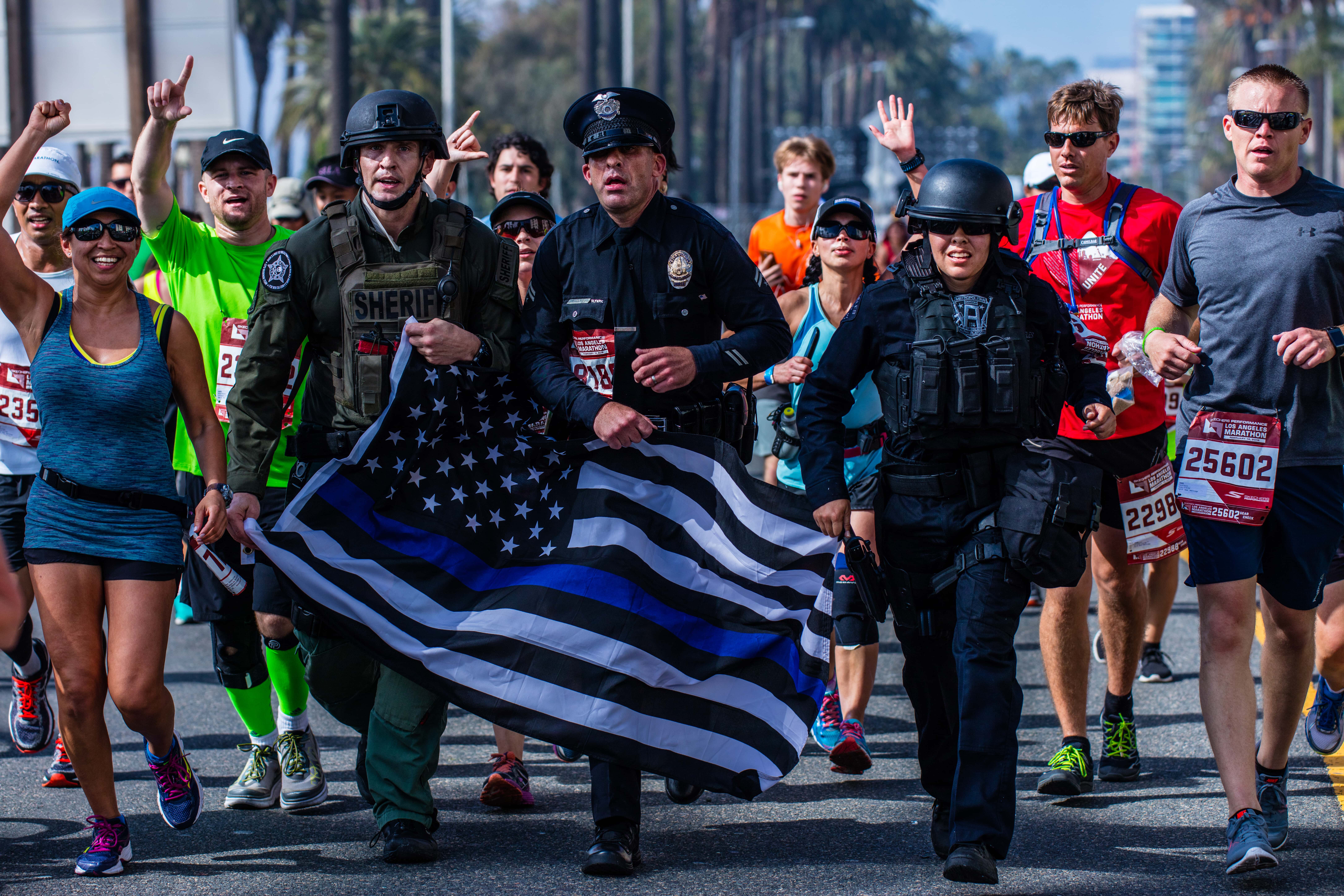The Ninth U.S. Circuit Court of Appeals in San Francisco wasted little time before giving us its first curious – if not outrageous – decision of 2010.
After closing out 2009 with its controversial Taser decision (see our blog post of December 30 below), the court this week overturned Washington State’s ban on voting by convicted felons. Why? Well, according to the Ninth Circuit, the criminal justice system in Washington discriminates against minorities at every level of the criminal justice system: arrest, bail, prosecution and sentencing. Ever dependable, the oft-reversed Judge Stephen Reinhardt was one of the two justices ruling in favor of the convicted felons. Read more about the ruling here
Now, you might think that this was the result of a hard-fought legal case in the lower district court – but you would be wrong. In actuality, there was no trial on the merits of the statistics offered up by the felons. The dissenting judge accurately characterized the ruling as a summary judgment for the felons that effectively settled the case on appeal.
The 2-1 decision is the first by an appeals court to overturn a state's prohibition on voting by felons, which exists in different versions in every state except Maine and Vermont. A state appeals court in San Francisco upheld California's voting law last year. Three other federal appeals courts have ruled that the Voting Rights Act does not apply to bans on voting by felons.
The good news is that the State of Washington is going to appeal the decision, either to the entire Ninth Circuit or the U.S. Supreme Court. We are hoping for the U.S. Supreme Court, because Reinhardt’s name attached to any ruling is a red flag indicator that legal analysis is lacking – with a good chance of a 9-0 reversal by the Supreme Court.











